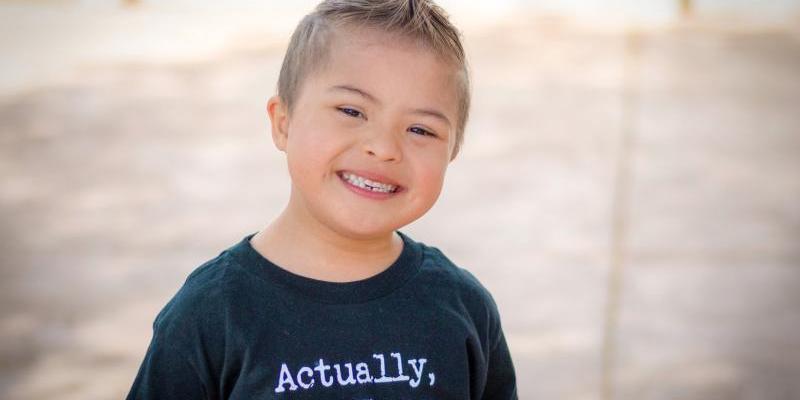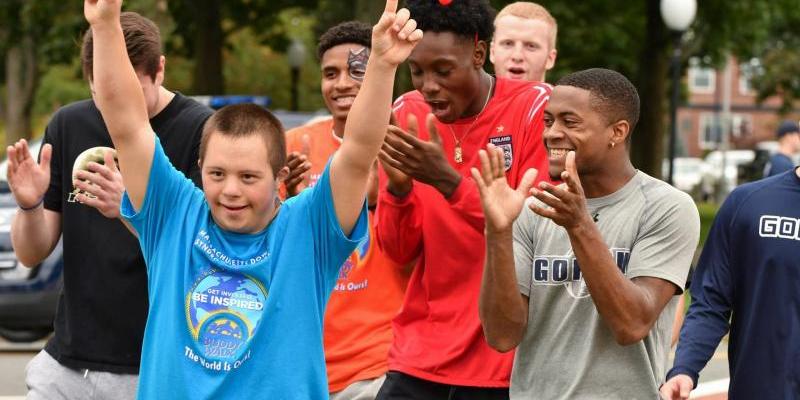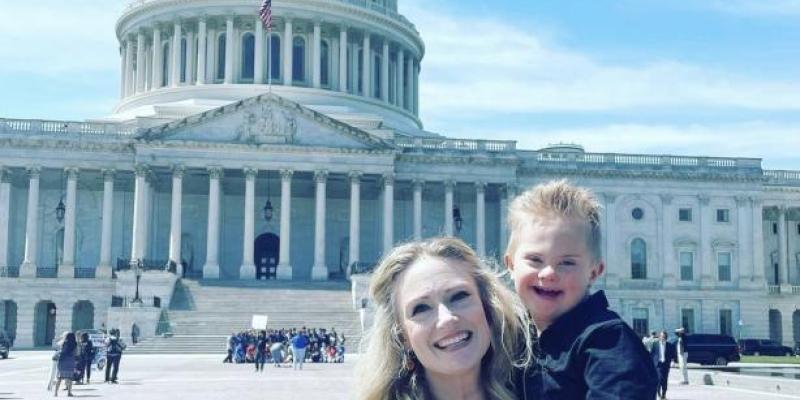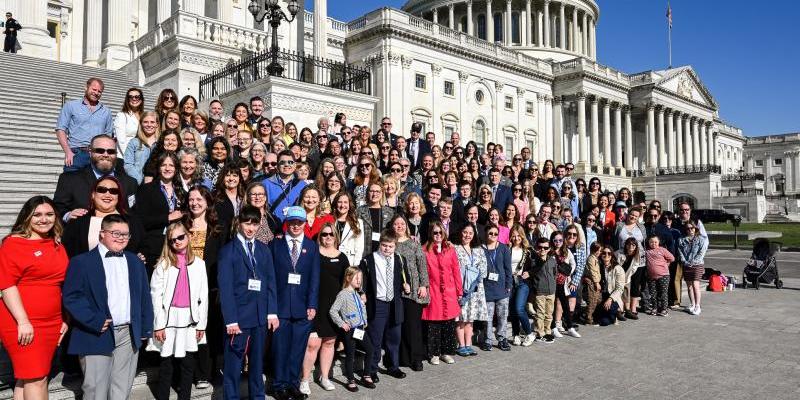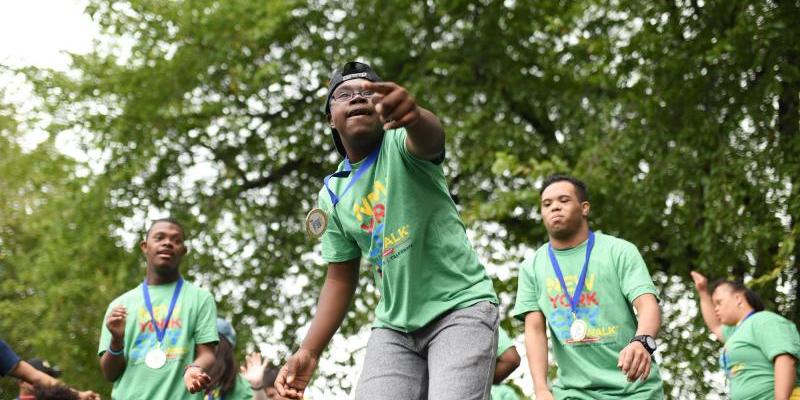Michelle Sagan
301 728 0447
msagan@ndss.org
National Down Syndrome Society Shares Results of Down Syndrome Community Survey
Washington D.C. (July 18, 2023) – The National Down Syndrome Society (NDSS) empowers individuals with Down syndrome and their families by driving policy change, providing resources, engaging with local communities, and shifting public perceptions. As part of their new strategic plan, NDSS engaged Conifer, a Chicago-based research and innovation consultancy, to conduct a foundational qualitative and quantitative research project to better understand the needs of the Down syndrome community in the United States.
The project involved secondary research, interviews with subject matter experts, and a comprehensive online survey that was completed by more than 300 respondents including both individuals with Down syndrome and family members or other caregivers. The survey covered demographics as well as questions related to experiences with health, education, and employment. Several trends emerged from the survey data that point to the need for improvements in policy, inclusion in schools and the workforce, health care, and caregiver support.
“The results of this survey are providing us with a deeper understanding of many of the challenges our families have been telling us they are facing,” said NDSS President and CEO Kandi Pickard. “NDSS is already utilizing this data to inform our efforts to further support the Down syndrome community and advocate for policies that impact them.”
One critical area of need for the Down syndrome community is access to healthcare providers with expertise in Down syndrome. Due to a shortage of knowledgeable providers and specialists, many survey respondents noted a delay in transitioning from pediatric care and frustrations finding care providers, particularly for adults with Down syndrome who are facing Alzheimer's disease or dementia.
Inclusive education was identified as a key factor in educational attainment and future employment, yet more than half of survey respondents reported the student with Down syndrome spending the majority of the school day separated from typically developing peers. The survey also indicated a need for greater knowledge of Down syndrome among teachers and school administrators and noted the critical role parental advocacy plays in a students’ success.
Another priority area for survey respondents was employment. Three key barriers to employment were indicated by the research: lack of meaningful work opportunities, low expectations and misinformation, and lack of reliable and accessible transportation. Only one in three respondents indicated that the individual with Down syndrome of working age is employed. Of those not currently employed, nearly half have no structured programming or engagement during the day.
Without employment, and the social networks working can provide, many adults with Down syndrome can become isolated, pointing to a critical need for increasing access to employment, volunteerism, and social opportunities after the transition from an educational setting.
“This research will be an important guide for NDSS and others in our community in the years ahead,” said NDSS Board Chairwoman Tiffany Barfield. “We look forward to collaborating with national and local partners as we work to solve the challenges raised through this project.”
More information on research findings can be obtained by reaching out to NDSS directly at info@ndss.org or 800-221-4602.
###
About NDSS
Founded in 1979, the National Down Syndrome Society (NDSS) empowers individuals with Down syndrome and their families by driving policy change, providing resources, engaging with local communities, and shifting public perceptions. NDSS engages grassroots advocates at the federal, state, and local levels and creates resources to support individuals with Down syndrome, their families, and caregivers across the lifespan on topics including education, employment, health and wellness, and aging. NDSS founded the National Buddy Walk® Program in 1995 and hosts community engagement events throughout the country including the New York City Buddy Walk® and Times Square Video, the NDSS Adult Summit, and the Down Syndrome Advocacy Conference. Visit www.ndss.org to learn more.


